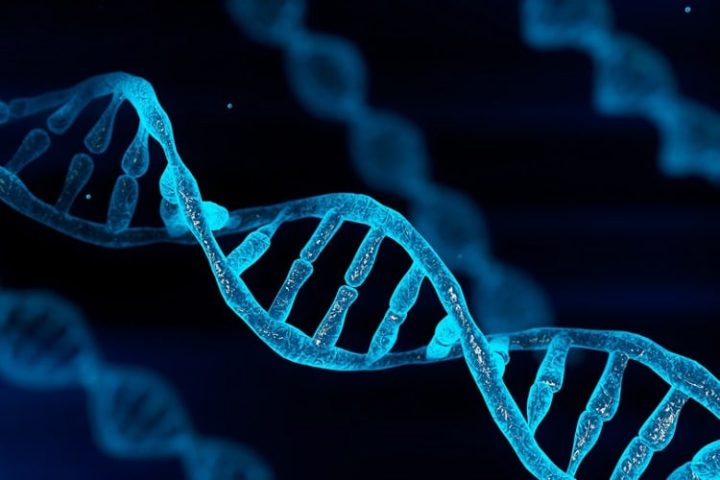
A panel of U.S. lawmakers, along with U.S. Army General Richard D. Clarke, told an audience at the Aspen Security Forum on Friday that the United States is not equipped to handle the national security threat of biological and chemical weapons. Biological samples gathered by various private DNA testing services could be sold and used to develop bioweapons specifically tailored to target certain groups or even individuals.
“There are now weapons under development, and developed, that are designed to target specific people,” Representative Jason Crow (D-Colo.), a member of the House Intelligence Committee, said Friday at the forum. “That’s what this is, where you can actually take someone’s DNA, take their medical profile, and you can target a biological weapon that will kill that person or take them off the battlefield or make them inoperable.”
Crow added, “People will very rapidly spit into a cup and send it to 23andMe and get really interesting data about their background — and guess what? Their DNA is now owned by a private company. It can be sold off … with very little intellectual property protection or privacy protection, and we don’t have legal and regulatory regimes that deal with that.”
“That data is actually going to be procured and collected by our adversaries for the development of these systems,” Crow warned.
The Covid-19 pandemic highlighted how globally debilitating and dangerous pathogens could be if deliberately engineered and released. Even the mRNA safety disputes regarding the Covid vaccines expose how dangerous biological weapons could be used by those seeking to debilitate and destroy their enemies.
General Clarke, commander of the U.S. Special Operations Command, claimed chemical weapons such as chlorine and mustard gas was used in 2014-2016 by actors such as ISIS in Iraq and Syria. “They look to these weapons because they instill fear. As such it is necessary to develop capabilities to protect U.S. troops that are in proximity, which the U.S. is working to do,” Clarke said.
Not only do terrorist groups pose a threat, but nations such as Russia can use bioweapons as well. “Russia is willing to use those against political opponents. They’re willing to use them on their own soil, but then to go in on the soil of a NATO ally in the UK and use those,” Clarke said, alluding to the nerve agent attack, allegedly committed by Russia, against British resident Sergei Skripal and his daughter, Yulia, in 2018.
Senator Joni Ernst (R-Iowa), a member of the Senate Subcommittee on Emerging Threats and Capabilities and Armed Services Committee, warned that biological weapons can be equally dangerous if they are designed to target food systems rather than people. Per Axios:
“If we look at food security, and what can our adversaries do with biological weapons that are directed at our animal agriculture, at our agricultural sector?” Ernst asked.
“Highly pathogenic avian influenza, African swine fever, all of these things have circulated around the globe, but if targeted by an adversary, we know that it brings about food insecurity. Food insecurity drives a lot of other insecurities around the globe,” she added.
“There’s a number of ways we can look at biological weapons and the need to make sure not only are we securing human beings, but then also the food that will sustain us,” Ernst said, adding that she believes food will be increasingly weaponized in the future, pointing to how Russia has weaponized food in its war in Ukraine as an example.
Earlier this year the U.S.-China Economic and Security Review Commission released a report suggesting that Communist China could someday attempt to wage biological warfare against genetically modified American crops, given its increased “interest in US agriculture” and GMO-related intellectual property (IP).
“While China’s main interest in obtaining GM seeds from the United States is in improving its crop yields, the potential weaponization of agricultural IP is possible,” it said. “Similar to hacking a computer code, Beijing could easily hack the code or DNA of US GM seeds and conduct biowarfare by creating some type of blight that could destroy US crops.”
DNA science is quite beneficial to mankind and has secured incredible advancements in medical treatments, farming, forensics, and even genealogical research. But with the good comes the threat of evil — the development and use of biological and chemical weapons as discussed at Friday’s forum. Our nation’s security is a top priority, and our government’s foremost role is to protect its citizens’ liberty and freedom. Being able to defend against the potential use of bioweapons on our own soil should be of paramount importance.




